Several weeks ago, the eminent Harvard sociologist Nathan Glazer, one of the renowned New York intellectuals chronicled in the film “Arguing the World,” came to town for a lecture and seminar at UCLA. The question that Glazer raised in his appearance in Los Angeles reflected the trajectory of his own life, which has moved between the poles of a progressive and a neoconservative political stance: namely, how are the persistent liberal proclivities of American Jews to be explained?
While the connection between Jews and liberal politics made perfect sense in the Golden Age of American Jewish immigrant life, it makes less sense in an age of Jewish affluence and social integration. Should not an increasing level of material comfort incline Jews toward conservative rather than progressive politics?
Notwithstanding the logic of this inference, in the recent presidential elections, Jews voted Democratic (a fair though hardly faultless marker of liberal sentiments) in the same high percentages as they have done traditionally. Moreover, in our own Southern California, Jewish politicians at local and statewide levels tend to be among the most progressive political figures around.
In seeking to explain the apparent anomaly of an affluent and liberal American Jewry, Nathan Glazer followed the path of other scholars by inquiring into the Jewish past. Is there a bedrock liberal foundation at the core of the Jewish tradition, one that predisposes Jews to a progressive political agenda in the present? Glazer suggested that there is not, that Jewish liberalism was but a reflection of “the living interests and values of living Jews,” in his words.
This point has been made in even more systematic fashion by Marc Dollinger, a young historian teaching at Pasadena City College, in his recent book, “Quest for Inclusion: Jews and Liberalism in Modern America.” Dollinger chronicles the contours of American liberal commitment from 1933 to 1975, arguing that the vaunted values of prophetic Judaism — preeminently, tzedakah (charity) and gemilut chasadim (kindly acts) — did not leave much of an imprint on second-, third- or fourth-generation Jews in America. Rather, liberalism was, for them, a strategy of social inclusion, a means by which to push for a tolerant and pluralistic society open to all comers — and hence assure their own integration.
But by almost every measure, Jews have truly arrived in American society. Does that mean that the liberal disposition of Jews will now wane? Despite their Democratic voting preferences, one need not look far to see signs of retreat: the dissolution of the black-Jewish alliance so prominent in the 1960s, the ambivalent posture toward issues such as affirmative action in the 1980s and school vouchers in the 1990s, and the general reticence to embrace the agenda of multiculturalism. Undoubtedly, such a retreat, if it continues, will have serious repercussions for Jews as they seek a place in the evolving political world of Southern California, with its ever-expanding Latino presence.
In thinking of this retreat from liberalism, it is difficult to avoid contemplating a more global cause of it: the assumption of political power by Jews, in the form of the State of Israel, after two millennia of statelessness. In the most immediate instance, the election of Ariel Sharon exposes the gulf between the harsh realities of Israeli politics and core liberal values such as tolerance and respect for human rights. This gulf is hardly narrowed by the equanimity and even enthusiasm with which the organized American Jewish community, including the one in Los Angeles, has received Sharon’s election.
And yet, the question of Jewish power and liberalism extends beyond Sharon. Does political power, by its very nature, incline one toward a conservative rather than a progressive stance? As a historical matter, it can certainly be argued that the absence of political power led Jews in the modern age to adopt liberal, progressive, and radical positions precisely in order to improve, challenge, or overturn the status quo. Now that Jews have assumed political power, have we entered a new conservative era of Jewish politics?
I do not mean to suggest that powerlessness is preferable to power. Such a claim lacks both pragmatic political and moral grounding in the wake of the Shoah. I wonder, for instance, if the best hope for a Jewish state is not to be a light onto the nations, as liberal Zionists from Buber to Brandeis once dreamed. But I do believe that the best hope for a Jewish state lies in not being a light unto the nations, but rather in being a normal society, intent more on assuring its own survival than on tikkun olam (repairing the world).
It is this very issue that stands at the center of a remarkable volume of texts and commentaries titled “The Jewish Political Tradition,” produced by a group of Jewish philosophers and political theorists based at the Hartman Institute in Jerusalem. Animating this group was the desire not only to salvage a liberal Jewish politics, but to root it in the rich sources of the Jewish legal and philosophic traditions. For all the ingenuity of the volume’s commentators (including Los Angeles’ own David Ellenson), the mission of scouring the Jewish past for the roots of a liberal politics, comfortable with power, may be a thankless task. Because political power and a liberal commitment to social change simply may be irreconcilable, especially in the dangerous environs of the Middle East. If so, what will be the fate of our own American Jewish community? Will the momentous assumption of power by Jews in the form of the State of Israel prompt a rethinking or even outright rejection of the historic link between Jews and liberalism? Or have more native forces — economic affluence and neoconservative political currents — already severed the bond? The coming years of Dubya and Arik should provide some very revealing answers.
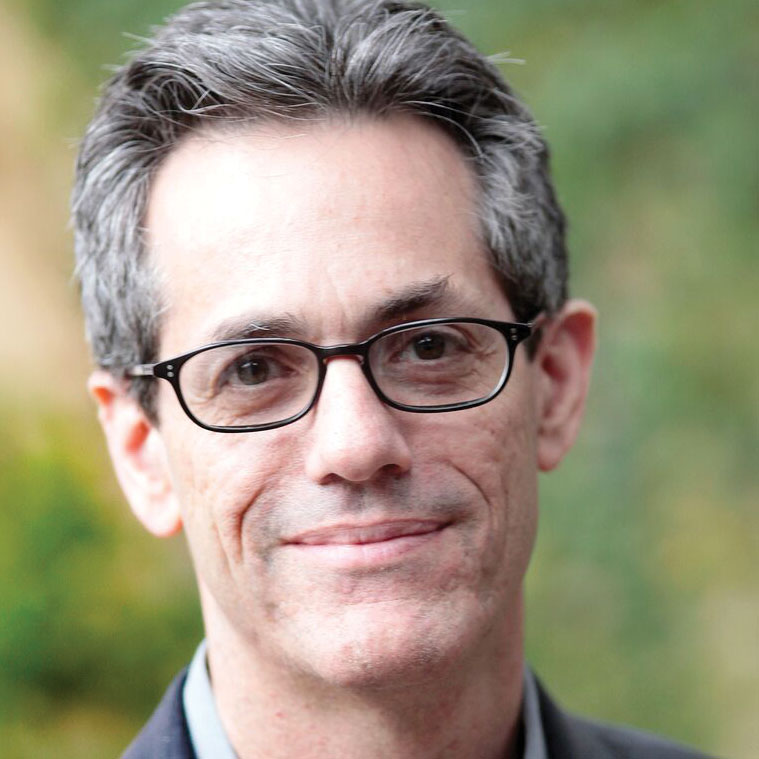







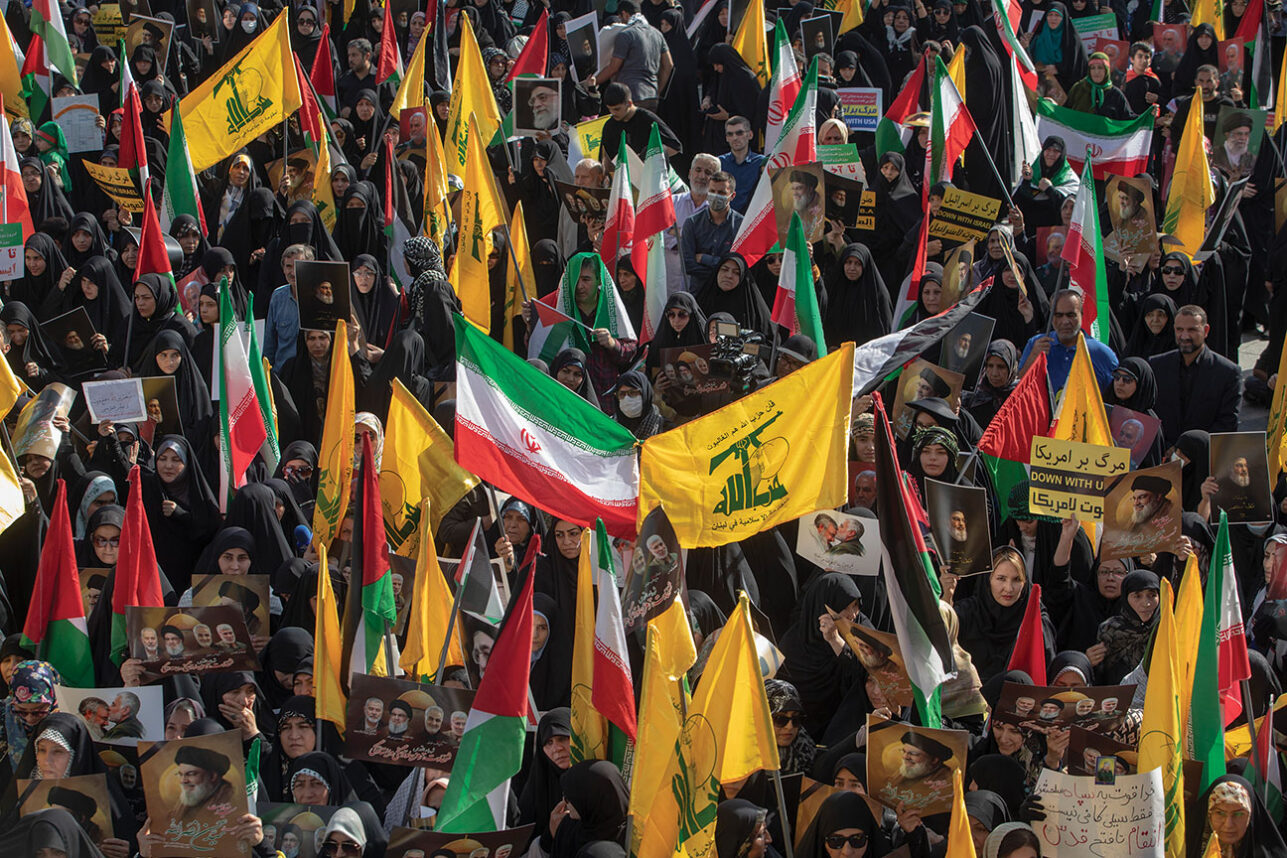
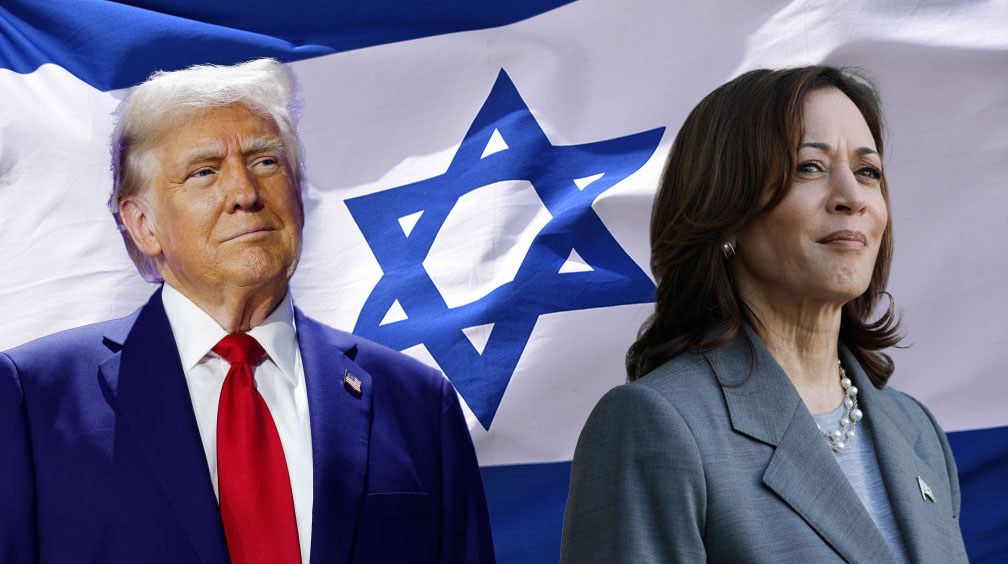
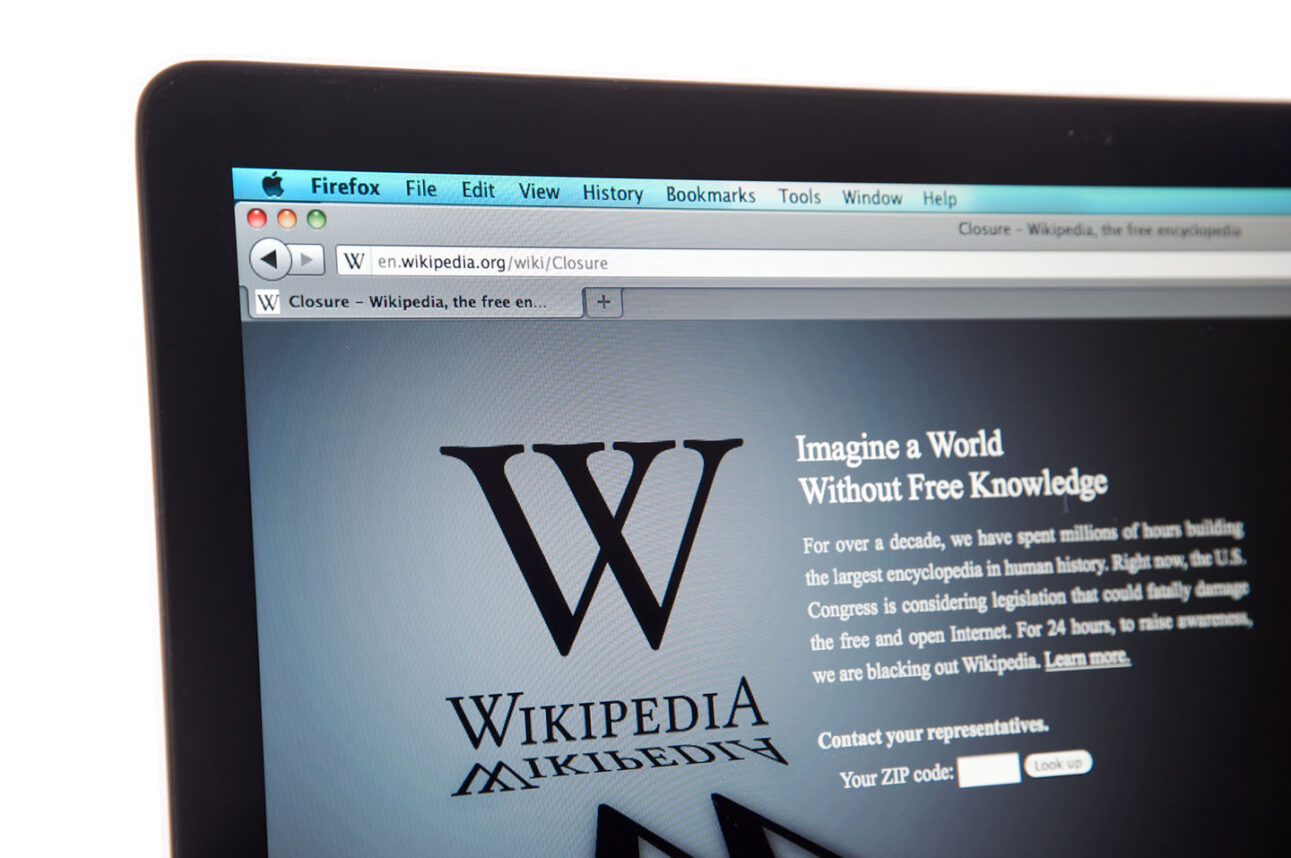
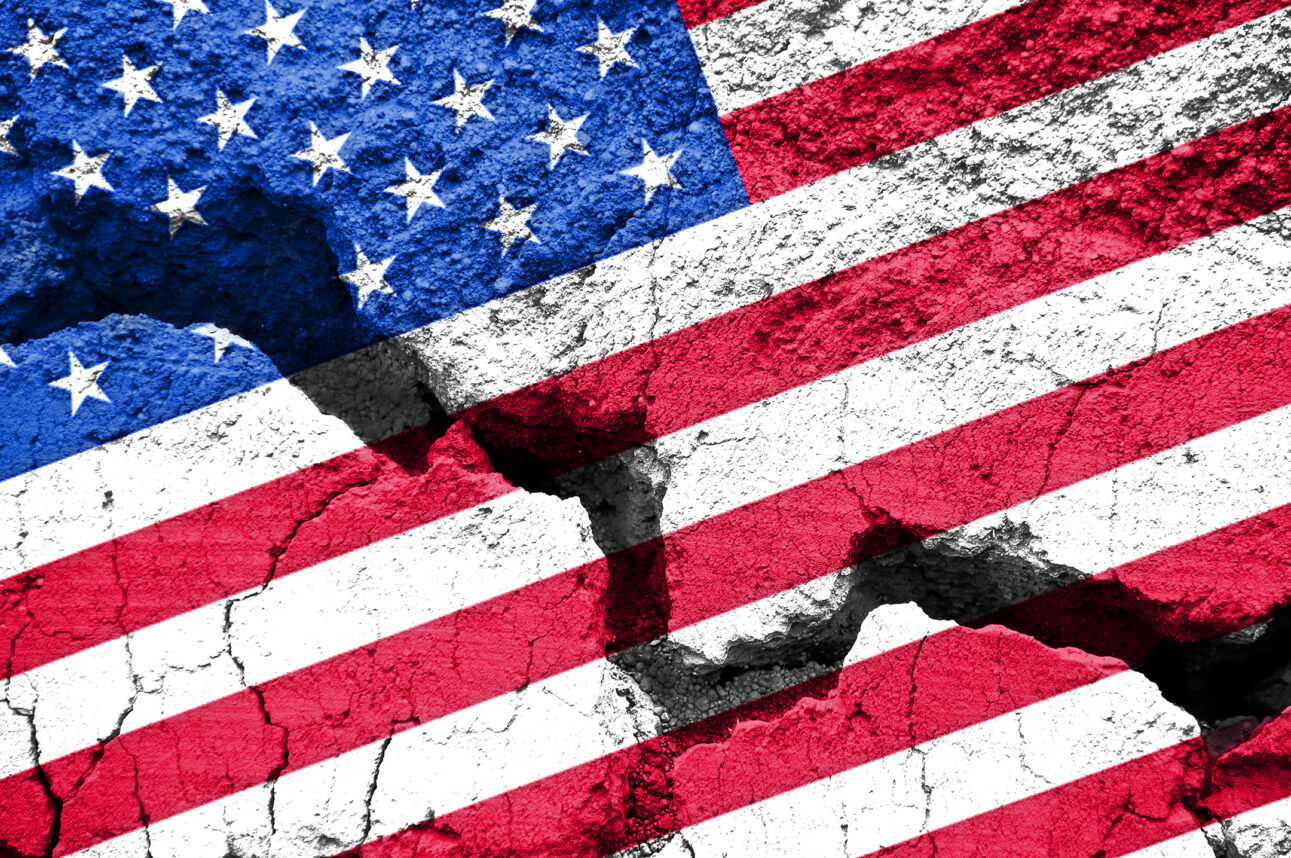

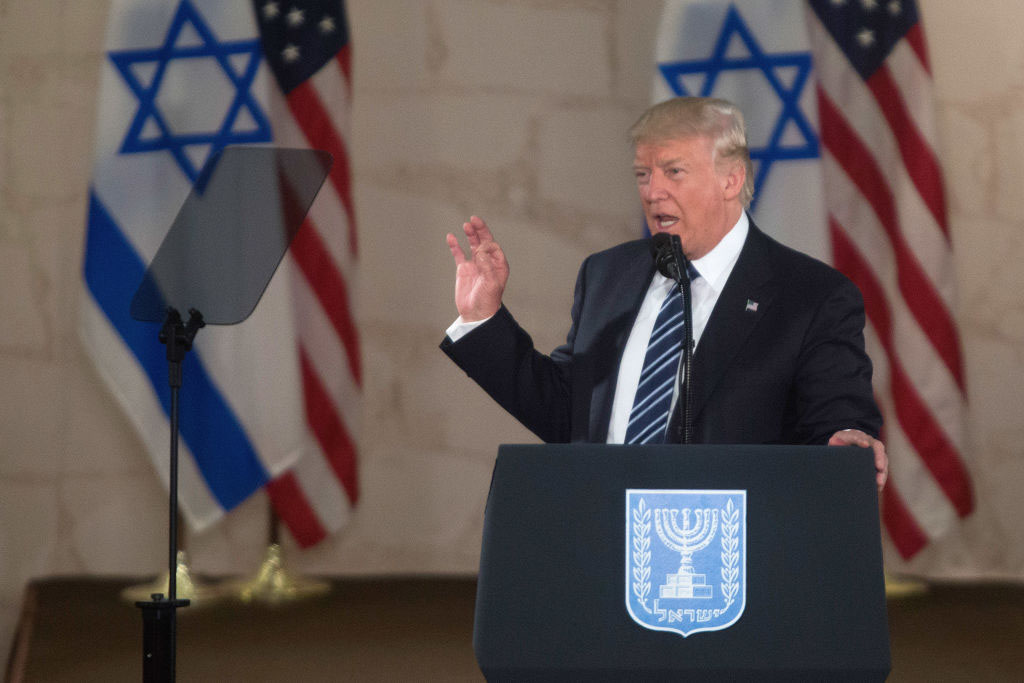
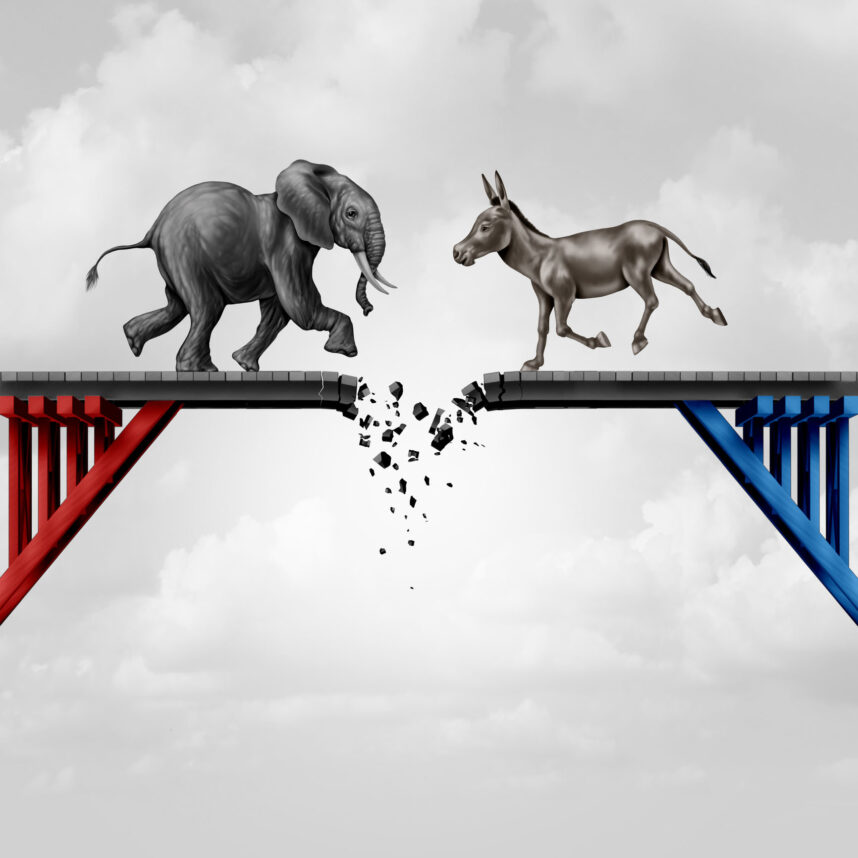
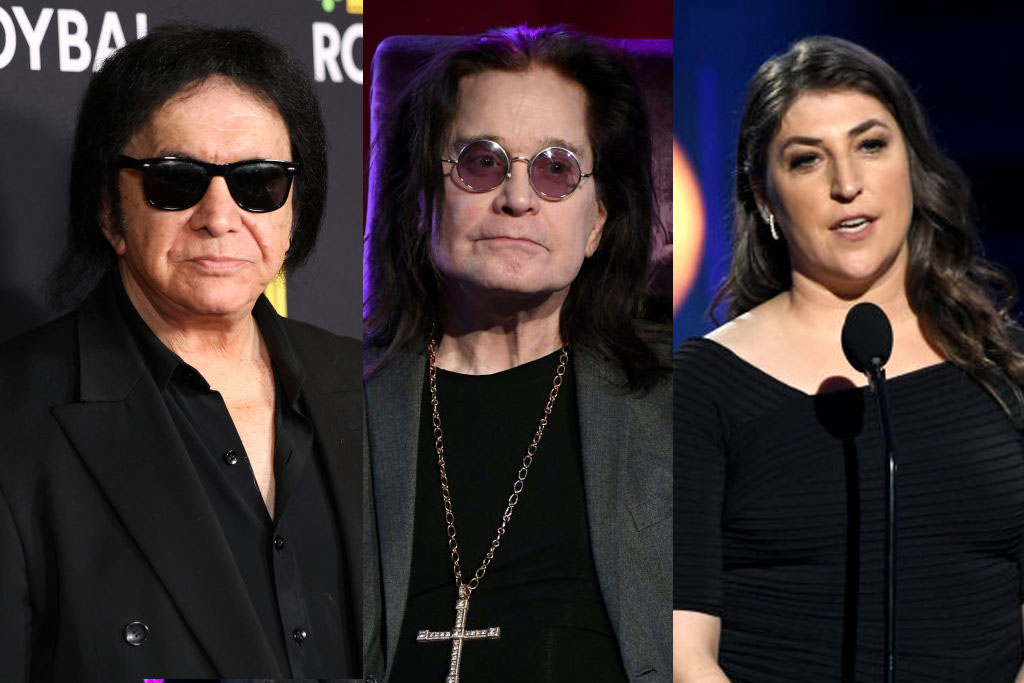

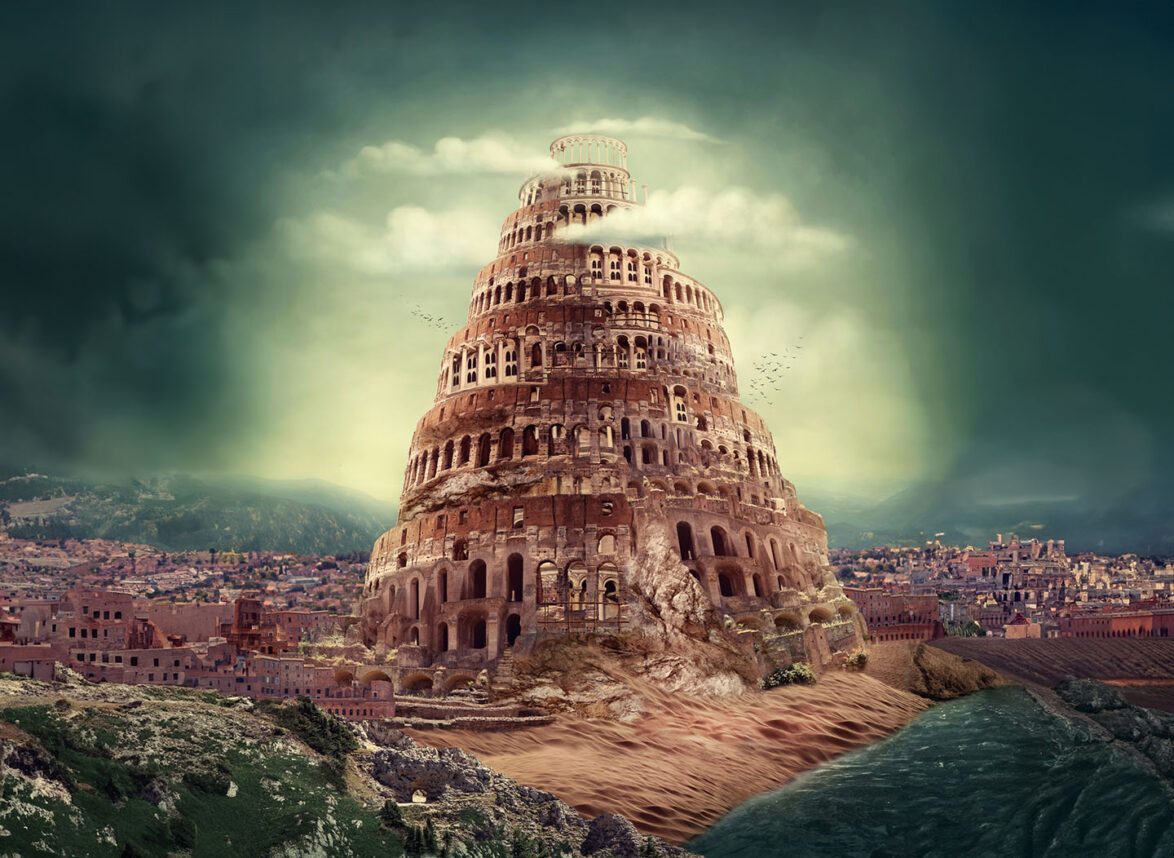



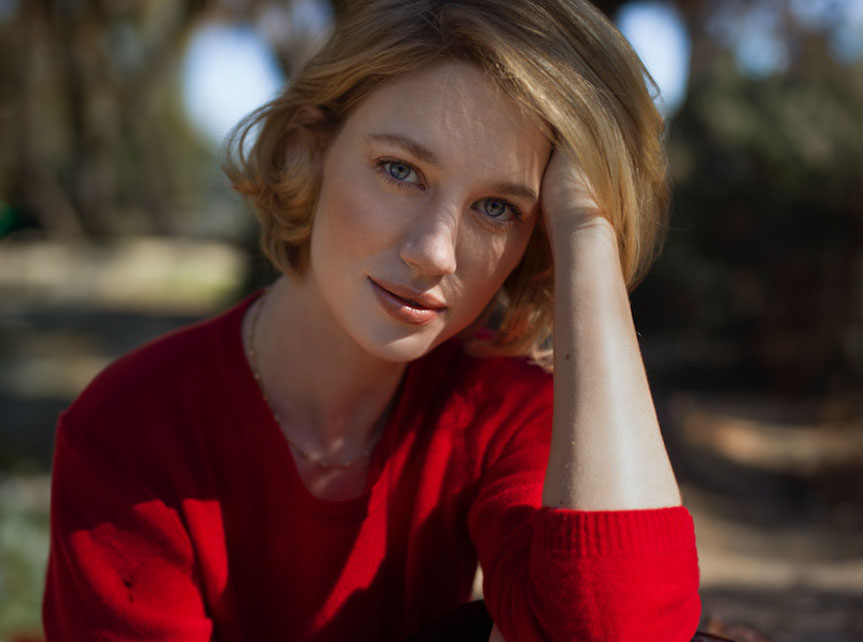

 More news and opinions than at a Shabbat dinner, right in your inbox.
More news and opinions than at a Shabbat dinner, right in your inbox.